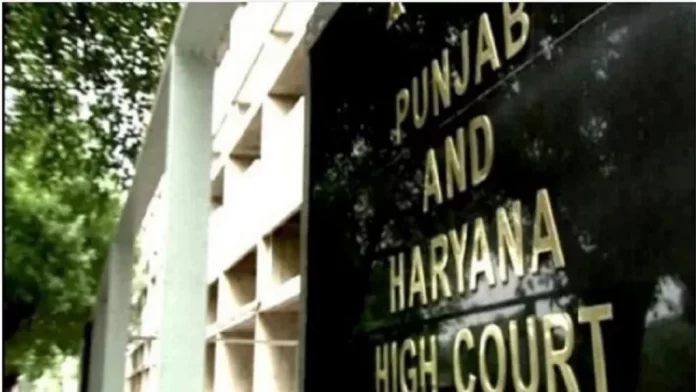The Punjab and Haryana High Court has disposed of a Public Interest Litigation (PIL) filed seeking a direction to set aside Rule 6 of The Punjab Regulation of Wood Based Industries Rules, 2019 and specifically Rule 6(a) notified by Respondent whereby the distance of any saw mill from the forest is reduced from 10 km to 1 km as well as the rest of the contents of Rule 6 which are unconstitutional and being ultra-vires to the provisions of the Constitution and is liable to be struck down in the interest of justice.
The petitioner prayed for a direction to the respondent not to issue any new license to saw mills in Punjab without inspecting the status of availability of timber and other woods in the State and without following norms laid down by the Supreme Court in T.N. Godavarman Thirmulpad Vs. Union of India and others- Writ Petition (Civil) No.202 of 1995.
The petitioner claimed that Rule 6 of The Punjab Regulation of Wood Based Industries Rules, 2019, is unconstitutional and against the guidelines issued by the Supreme Court in T. N. Godavarman Thirmulpad Vs. Union of India and others (Writ Petition (Civil) No.202 of 1995).
From the reply, the Division Bench of Chief Justice Sheel Nagu and Justice Anil Kshetarpal noted these rules have been framed on the guidelines of Wood Based Industries (Establishment and Regulation) Guidelines, 2016, which were amended by the Ministry of Environment, Forest and Climate Change on 11.09.2017. State specific order in respect of distance from the boundary of nearest notified forest with respect to Punjab has been brought down from 10 km to 1 km, in the amended guidelines.
The counsel representing the petitioner failed to draw the attention of the Court to any direction by the Supreme Court with respect to distance between reserved forest and wood-based industries relating to Punjab in the Godavarman case (supra).
With regard to the second prayer of the petitioner, the Court noted that the State of Punjab will follow the guidelines as laid down in Wood Based Industries (Establishment and Regulation) Guidelines, 2016, which were amended in 2017. If in a specific case, there is any infringement of the regulation, the petitioner will be entitled to avail the remedy provided in accordance with law.


